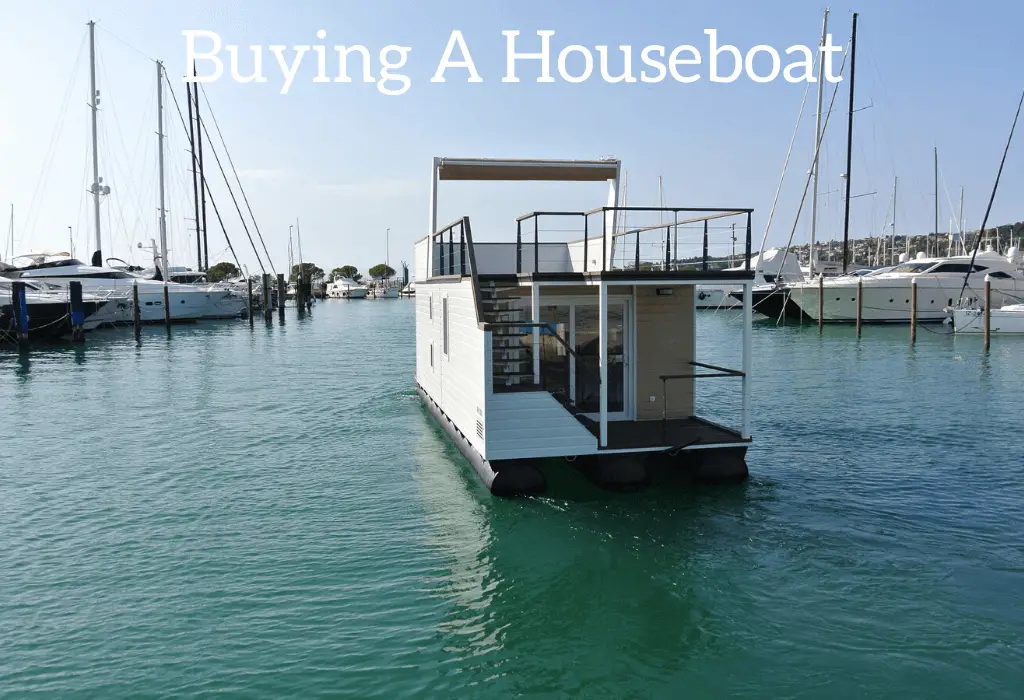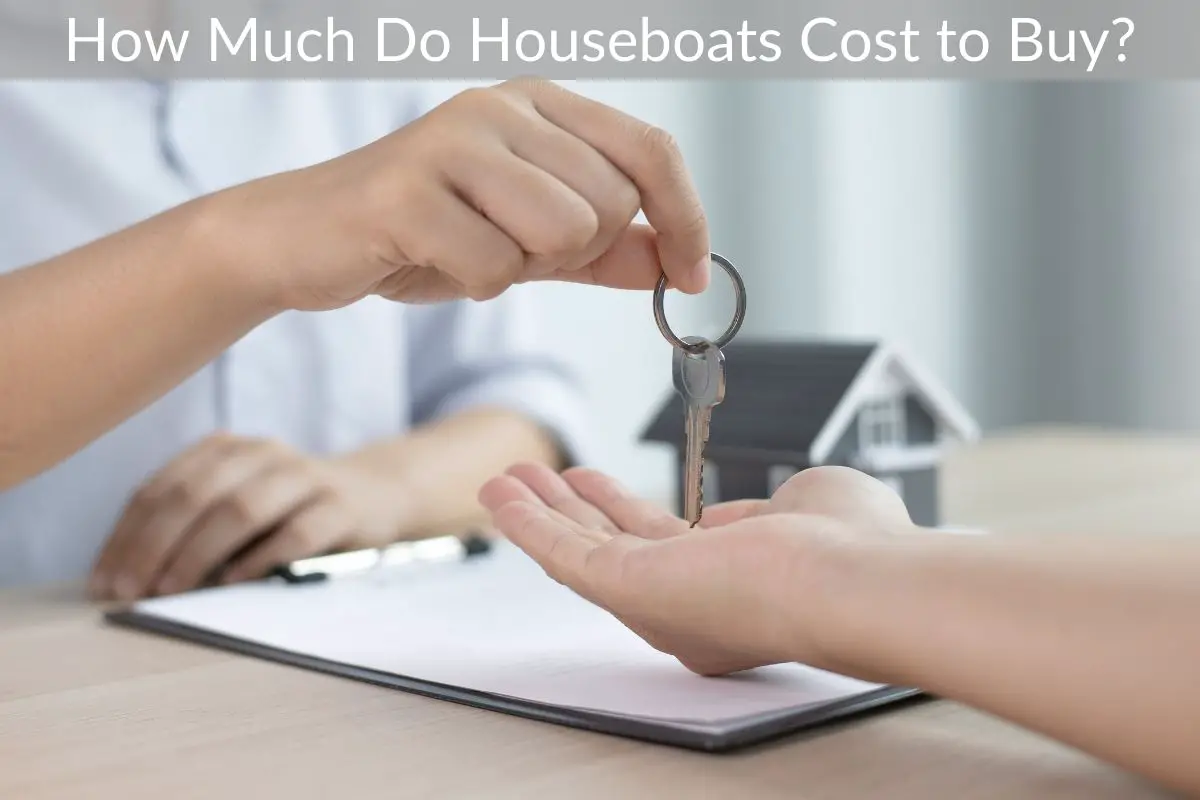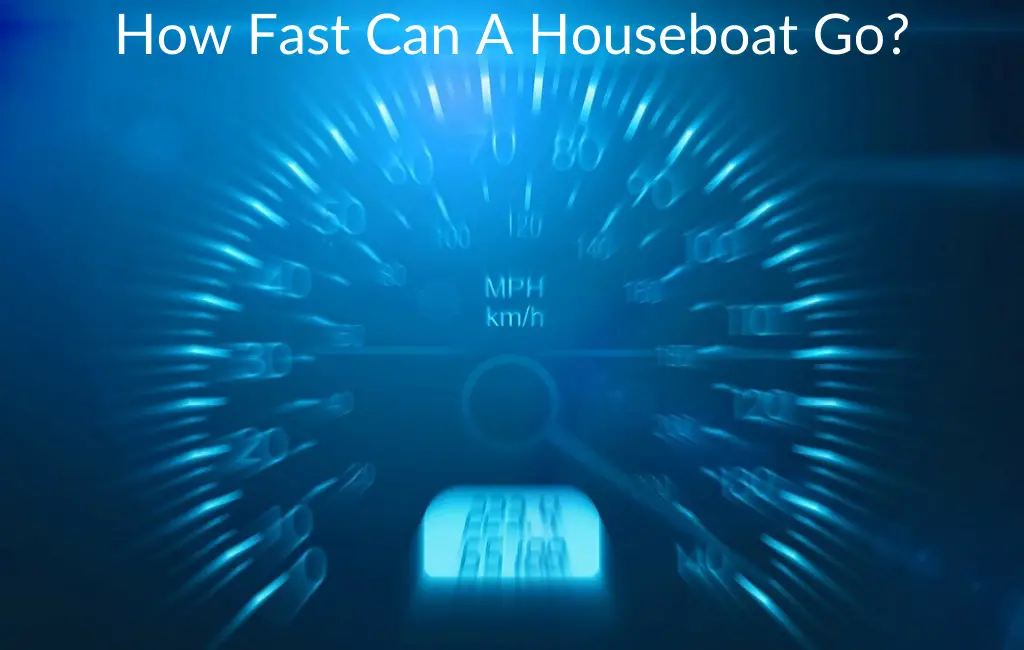*This post may contain affiliate links. As an Amazon Associate we earn from qualifying purchases.
Whether you just purchased a boat or whether you are simply curious about exactly how they work, this article is for you. There is always some confusion on whether the battery gets charged while the boat is idling. I will try to give as direct an answer as possible.
While the boat is idling the battery WILL charge but this is a pretty inefficient way of charging the battery as the alternator has to run all the electronics before charging the battery so while idling there isn’t much extra power but there is some.
If you have a voltmeter it will show that the battery is charging even while idling based on the voltage across the terminals but the charge of the batteries determines the actual amount of current going in.
The battery of a boat does get charged while idling, but it isn’t a lot until you either rev up the engine or take the boat out and start running it at normal speeds. The output current needed for a recharge highly depends on the rotational speed of the alternator. The alternator first has to produce enough current to run the ignition, heater fan, and other accessories, and then it will charge the battery if still some of the produced current is left over.
Generally a boat’s battery will charge slightly while idling but if the boat battery was entirely dead then this is far from an ideal way to charge it back up as it would take too long. You are better off taking the boat out for a short period giving it bursts of power then to let it idle for long periods of time.
Does revving the engine charge the battery faster?
Yes, it is a fact that revving an engine charges the battery faster and there is simple logic behind this that backs up this fact. Revving the engine means the crankshaft turns faster.
The crankshaft is connected to a belt that runs the alternator in the boat and more electricity is produced if the alternator turns faster which in turn recharges the battery faster as well.
This method works but it can be an inefficient way to charge the battery as by revving your boat’s motor you are simply wasting fuel. It’s better to actually just take the boat out and naturally rev the engine while using it so as not to waste fuel trying to charge the battery up.
If you aren’t planning on taking the boat out then the best way to charge a battery is by a battery charger.
How do you know if your boat battery is bad?
There are various ways to check if you have a faulty battery that needs to be replaced. Some of the ways to tell if your boat battery has some issue are:
Inspection
Sometimes the issue with the battery is obvious. The battery needs to be physically examined to see if there is anything that stands out. Check for broken terminals, leakage, discoloration, a crack or rupture in the outer casing of the battery, etc.
Broken terminals in a battery are dangerous as it can cause a short circuit which leads to the flow of all the power instantaneously. This can produce a lot of heat and in extreme cases, the battery can even explode!
Take A Voltage Reading
The state of charge of a battery can be determined by measuring the voltage of the battery. Results can be deduced by looking at the voltage readings.
There is a high likelihood of a short circuit if the battery gives 0 volts as the reading. If the battery is fully charged and still below its maximum voltage output, this means that the battery is probably sulfated.
Sulfation is the by-product that accumulates when the battery discharges. Re-charging the battery reverses the process and the sulfated crystals convert back to electrolytes. However, this does not happen if the battery is left uncharged, severely discharged or drained for extended periods.
Sulfation increases in this case and hardens on the plates. This reduces the surface area of plates in contact needed to produce power. Sulfation decreases the potential of the battery to reach full charge and the battery will discharge quicker than normal.
How often should you charge a boat battery?
The battery of a boat is a lead-acid battery that needs to be in a fully charged condition when it is left unused. Along with this, the battery should be charged roughly after every 30-days of non use.
One alternative to running your boat every 30 days is a smart battery charger. A smart battery charger holds the voltage at its prime voltage and reduces the current to almost zero. This way the battery does not get overcharged even when left for months. It is a fact that the boat’s battery will discharge whether it is used or not.
Because of this issue, having a smart battery charger is helpful.
Should you disconnect your boat battery?
There is always confusion among boat owners on whether they should remove their boat battery or not when they won’t be using their boat for a while. This question comes with a mixed answer. You should disconnect your battery from the boat if it is stored on land, whereas let it stay in the boat if it is in the water.
The battery will still get drained, even if the boat is turned off. Your clock, fish finder, and some other accessories tend to use power even after switching the boat off so if you are planning on storing the boat on the land, then you should disconnect the battery from the boat after it is fully charged.
This will ensure that the battery holds a charge even after several weeks and this prevents it from getting completely drained.
If you want to leave the boat in the water then there is no need to remove the battery. This is because the bilge pumps need to have power in case the water level rises inside the bilge. So in this particular case, what you can do is get a smart charger and keep the battery fully charged. This way the various functions of the battery will function and the battery will also not get drained.
Should you leave the battery charger on all the time?
To be on the safer side you should remove the battery charger after the battery is fully charged unless it is a smart charger. Some battery chargers do not have the auto-shutoff function and this can create a major problem. If the battery is plugged into the battery charger for a long time, the battery cells can also dry up and this can make the battery heat up more than the normal level thereby increasing the risk of fire.
There is no need to keep the battery plugged into the charger if the boat is out of the water on the land but if you have a smart charger you can leave it attached if the boat remains on the water.
This will allow the bilge pumps and other vitally important things to still work.
Conclusion
Hopefully this article has been helpful in answering your questions of whether a boat battery charges during idling. The other related questions and answers should have helped give you a deeper insight into how to take proper care of the battery of your boat.
Most of these questions are commonly asked by boat owners all across the globe so hopefully you are now one of the few boat owners who actually knows the answers to these important questions.
I hope your boat’s battery gives you optimal performance with no hiccups from here on out.
Happy boating.










